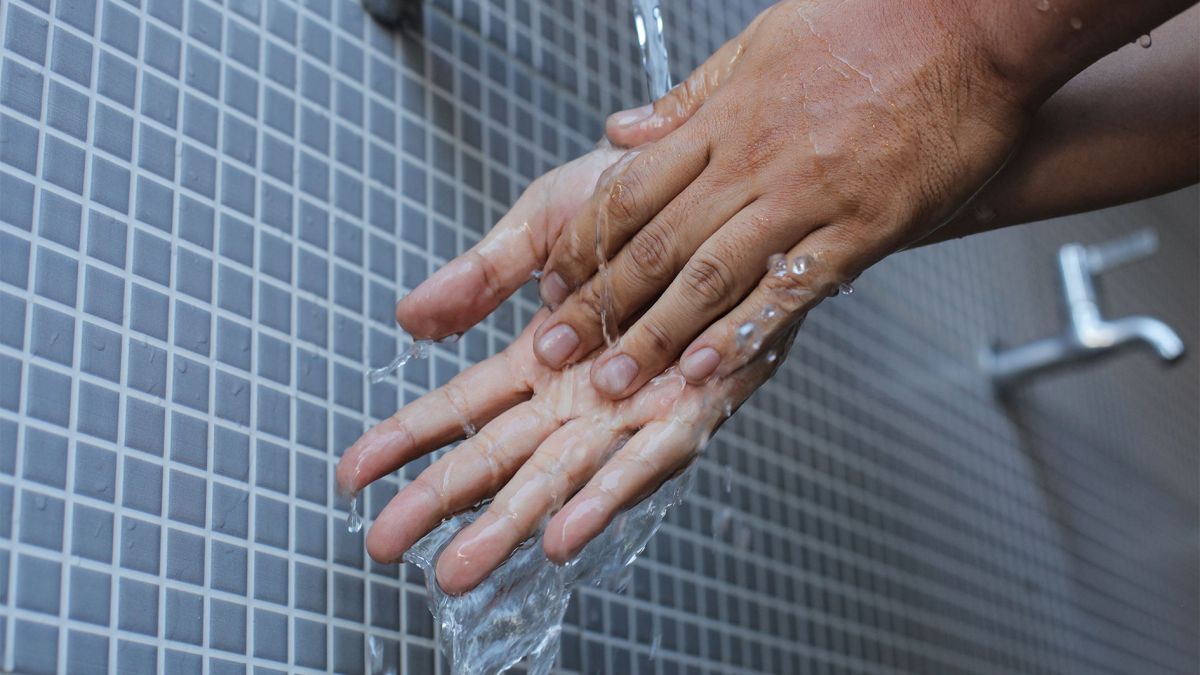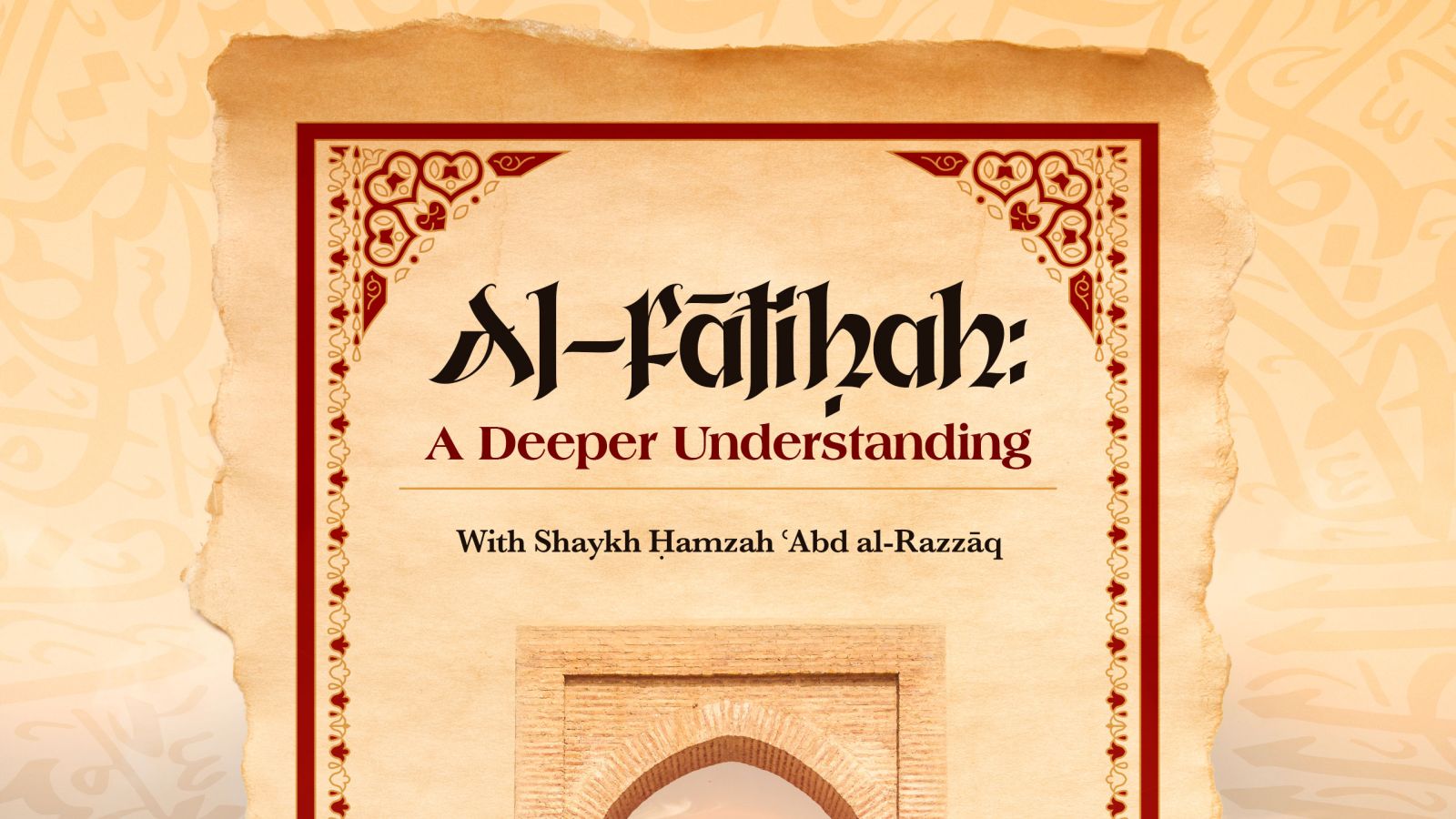Must One Have Wuḍūʾ to Perform Sujūd al-Tilāwah or al-Shukr?
Imām Muḥammad ibn Ṣāliḥ al-ʿUthaymīn


Defining Ṣalāh
Some scholars say: Ṣalāh is limited to that which consists of rukūʿ and sujūd only. While others say: Ṣalāh is limited to that which consists of at least two units, except for witr which is considered ṣalāh even if it is one unit.
The first opinion is more correct. Based on this definition, we examine the issue of sajdah al-tilāwah and sajdah al-shukr. Are they forms of ṣalāh?
The Opinion of the Ḥanbalī Madh`hab Regarding Sujūd al-Tilāwah and al-Shukr
The most well-known opinion of the Ḥanbalī madh`hab is that they are both forms of ṣalāh—to be opened with takbīr and finished with taslīm. According to them, it is legislated for one to make takbīr when making these sujūd and when ascending from them, and to make taslīm afterward. Considering this, they also consider it ḥarām for the one not in a state of purity to perform sujūd al-tilāwah or al-shukr. Thus, the issue of whether purity is a prerequisite is based on whether or not they are considered a form of ṣalāh. If we say: They are both forms of ṣalāh, then we must obligate a state of purity. If we say: They are not forms of ṣalāh, then purity is not a prerequisite.
The Evidence for the Opinion that Sujūd al-Tilāwah and al-Shukr are Not Forms of Ṣalāh
The one who truly contemplates the Sunnah will realise that they are not forms of ṣalāh. This is due to the following:
- It has been narrated that the Messenger (صلى الله عليه وسلم) used to perform sujūd al-tilāwah without saying the takbīr when prostrating or ascending from prostration, nor did he make taslīm afterward. Except for a ḥadīth narrated by Abū Dāwūd in which he (صلى الله عليه وسلم) made takbīr upon prostrating only, without saying the takbīr when rising from it, and he not did he say the taslīm.[1]
- The Messenger (صلى الله عليه وسلم) made sujūd in sūrah al-Najm and the Muslims and polytheists made sujūd with him. Ṣalāh is unacceptable from a polytheist but the Messenger (صلى الله عليه وسلم) never objected to their action.[2] One may dispute this saying that these polytheists making sujūd occurred before wuḍūʾ was made obligatory. As wuḍūʾ was only made obligatory when ṣalāh was made obligatory. Ṣalah was made obligatory relatively late; either a year or three years before the hijrah. In so long as this possibility exists, using this as evidence is doubtful.
It becomes apparent for the one who truly contemplates the sujūd of the Prophet (صلى الله عليه وسلم) for al-tilāwah and al-shukr that he never used to make the takbīr. Hence, sujūd al-tilāwah and al-shukr should not be considered forms of ṣalāh. It is, therefore, not ḥarām to perform either form of sujūd while not in a state of purity. This is the opinion adopted by Shaykh al-Islām—may Allāh have mercy on him.
It has been confirmed in an authentic narration that Ibn ʿUmar (رضي الله عنهما) used to make sujūd al-tilāwah while not in a state of wuḍūʾ.[3]
Although it is undoubtedly better to be in a state of wuḍūʾ, especially as the reader is reciting the Qurʾān. Being in state of wuḍūʾ has been legislated for the recitation of the Qurʾān as it is a form of Allāh’s remembrance. Wuḍūʾ has been legislated for all forms of Allāh’s remembrance.
The opinion that considers a state of purity as a prerequisite for performing sujūd al-shukr is weak. This is because sujūd al-shukr is made on one of two occasions: either when being granted a blessing from Allāh again, after having been blessed with it before, or the sujūd is made upon the recent avoidance of a feared (negative) occurrence. Both may occur to a person while not in a state of purity. Thus, if we were to say: do not perform sujūd (i.e., al-shukr) until you have performed wuḍūʾ, this may lead to a long period of time being spent without making the sujūd. Any ruling [here, making sujūd al-shukr] that follows a clear reason [here, either a blessing or being safe from harm] will fail to be valid if separated from that reason for a prolonged period.[4] So, we can either say: perform sujūd while not in a state of purity or do not perform sujūd at all. As people may be in a situation wherein they cannot immediately get to water to perform wuḍūʾ to then make sujūd.
As for sujūd al-tilāwah, it is considered befitting that one performs it while in a state of wuḍūʾ, just as it is most appropriate for him to recite the Qurʾān in a state of wuḍūʾ.
Endnotes:
[1] Weak: narrated by Abū Dāwūd: 1413 and ʿAbd al-Razzāq: 5911. Graded weak by al-Nawawī in ‘al-Khulāṣah’: 48.
[2] Authentic: narrated by al-Bukhārī: 1067 and Muslim: 576.
[3] Authentic: narrated by al-Bukhārī: 1071.
[4] Translator note: Sujūd al-shukr is legislated after the bestowing of a blessing or the avoidance of harm. If either of these things were to occur, and a person chooses not to make sujūd until a long period has elapsed, then the sujūd is no longer relevant.
Source: Al-Sharḥ al-Mumtiʿ, 1: 325-327
Translated by: Riyāḍ al-Kanadī

















